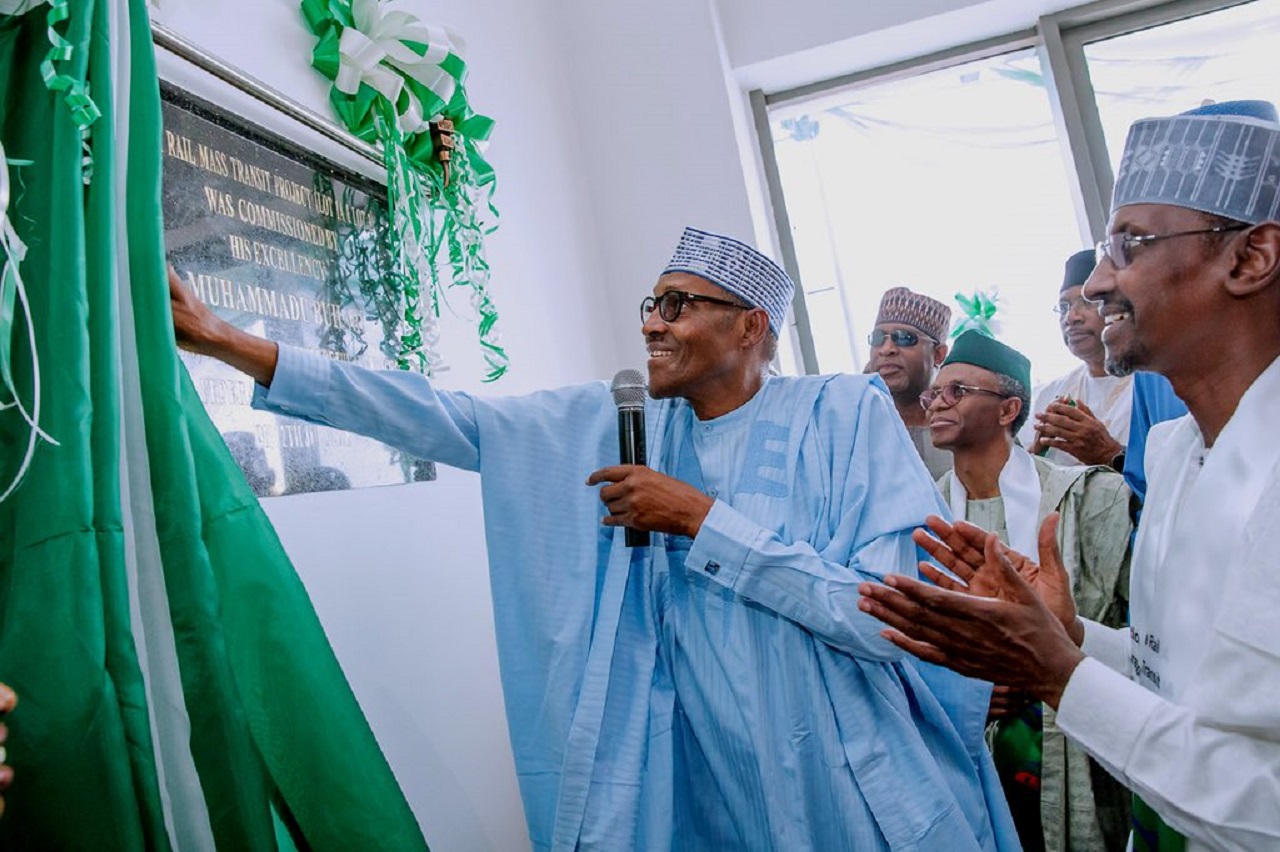
The Nigerian government has turned to Standard Chartered Bank for the funding of two rail projects in the country.
Nigeria’s transport minister Rotimi Amaechi on Wednesday said the rail projects were being stalled by non-approval of loan requests by Chinese lenders.
“We are actually waiting for the Chinese to give us the loan we applied for and they kept delaying us,” Amaechi told journalists in Nigeria’s capital Abuja. “Will we wait for them forever? The answer is no.”
Nigeria has been negotiating a mix of loans from Chinese and European lenders to fund railway projects in the country.
READ MORE: Amaechi announces delay in rail projects as China suspends funding
In July 2021, Amaechi disclosed that the government has reached an agreement with Standard Chartered to fund $3.02 billion for the ongoing Port Harcourt-to-Maiduguri railway project.
The minister also said at the time that Credit Suisse was expected to fund the Kano-to-Maradi line, which will connect northern states Kano, Jigawa, and Katsina.
Amaechi said the Federal Executive Council (FEC) has approved $187.7 million for contractors that will supervise the three or four rail projects in the works.
While the bank has not done financial closure, according to Amaechi, “they have approved some level of funding for Kano-Maradi.”
The rail projects form part of President Muhammadu Buhari’s plans to upgrade the transport networks and improve outdated power grids in Nigeria.
Buhari since 2015 insisted that his government intends to tow the path of diversification by boosting agriculture and other non-oil industries to cut dependence on dwindling crude revenues.
However, funding these projects has been a huge challenge for the government which is exploring all available options to establish and revive rail transport networks in Nigeria.
Nigeria’s legislature at separate times has approved billions of dollars in project-tied loans from the Chinese and other international lenders but the funds are yet to materialize.
The government used a $1.3 billion loan from China Eximbank to fund a 157-kilometer segment of the Lagos-Kano railway to Ibadan but is uncompleted due to the paucity of funds.
[ad unit=2]






